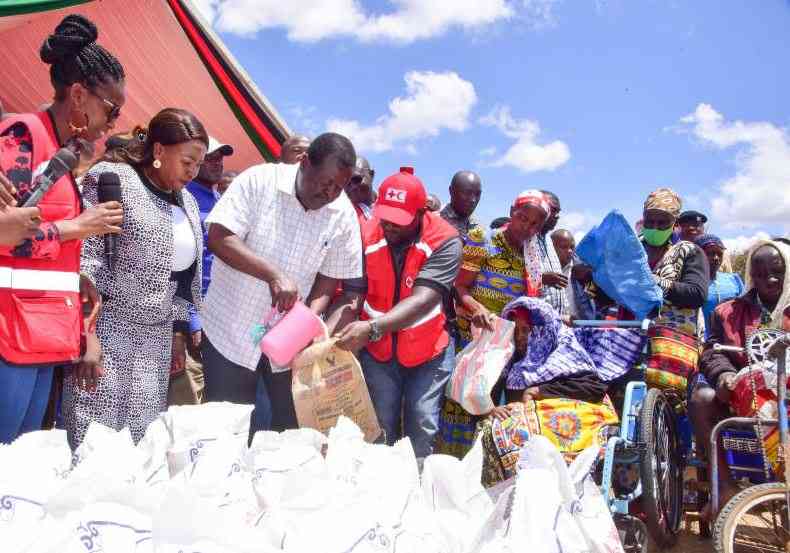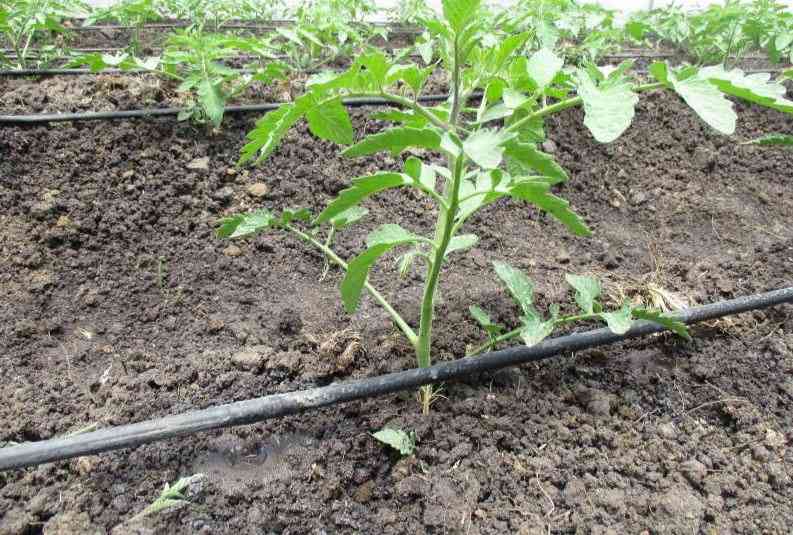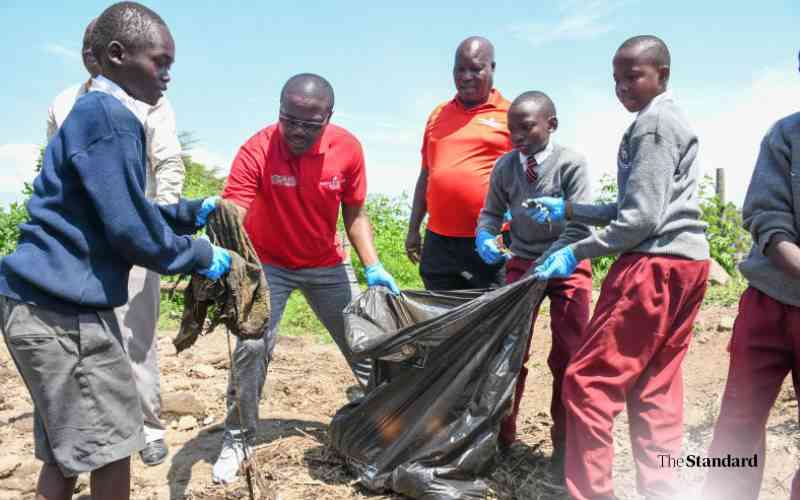
At least 63,000 people Tana River and Makueni counties are set to benefit from a climate action programme initiated by the Kenya Red Cross Society and Kenya’s Prudence Foundation.
On Sunday, Prudence Foundation said it has pumped Sh13 million into the programme to address climate-related health challenges and food insecurity faced by women and children.
It said that 80 per cent of women are affected. According to government statistics, 2.1 million people in Arid and Semi-Arid Land (ASAL) counties faced acute food insecurity in 2024.
This is due to prolonged drought, with chronic malnutrition among children under five years standing at 18.3 per cent in Tana River County and 17.6 per cent in Makueni County.
Speaking during the launch of the programme in Hola town, Kenya Red Cross Deputy Secretary General John Mbalu said there was a resurgence of waterborne diseases in the two counties.
“We have seen a resurgence of diseases such as cholera, measles and polio and a surge in malnutrition, especially among women and children in arid and semi-arid areas,” he said.




He added that the funding would also assist women's groups undertaking various programmes, adding that the country was at the forefront in dealing with disasters whose end results are waterborne diseases, and there was a need for a community-led action.
“Our role will be to provide a quarterly narrative and financial reports to track progress and ensure accountability and also to deliver a range of community-based interventions, including first aid and climate-health education for school children,” said Mbalu.
The organisation will also supervise installation of water purification and rainwater harvesting systems in schools and establish school kitchen gardens and promotion of climate-smart agriculture.
“By working with schools, we will teach the children to identify and respond to climate-related health issues such as heat stroke, malaria and cholera, and they will receive basic first aid training to empower them to be first responders in their communities,” he said.
Gwen Kinisu, the Chief Executive Officer (CEO) and Managing Director of Prudential Kenya, said that the beneficiaries will be empowered with tools to navigate the effects of climate change.
“Through the generosity of our Prudence Foundation, which has contributed $100,000 to this initiative, we are taking a bold step forward, and this fund will drive a project designed to address climate-related health challenges in a sustainable way, focusing on education, empowerment and community resilience,” she said.
She added that children will be impacted with knowledge to identify risks and respond to climate-related health issues such as malaria and cholera, together with first aid skills to become first responders in their communities.
“The aim of the programme is to equip the most vulnerable children and mothers with the knowledge to navigate the health challenges brought about by climate change, and the initiative is going to benefit 63,842, including 14,048 children directly under five years. At least 27,692 primary school-going children and 22,102 women of reproductive age in Tana River and Makueni counties will benefit,” she said.
She added, “Women and children bear the brunt of climate-induced health crises, and this fund reflects our deep commitment to foster long-term resilience and improve health outcomes in some of Kenya’s most climate-vulnerable areas.”
Stay informed. Subscribe to our newsletter
The project will also rope in Community Health Workers (CHWs), local leaders and government departments to integrate climate resilience into health and education.
“Our aim is to reduce malnutrition rates among school-going children, increase vaccination coverage and ensure that schools become hubs of climate resilience,” added Kinisu.
Halima Koro, a resident of Tana River, said that the project will help them reach out to women who are affected due to health hazards caused by the effects of climate change during disasters.
She said that during disasters, especially floods, women are particularly vulnerable to diseases such as cholera and bilharzia. However, through this initiative, they will receive support to gain knowledge and maintain a healthy lifestyle even amidst such disasters.
The Tana River County Executive Committee Member (CECM) for Environment, Mathew Babwoya, said that their climate change response plan was estimated at approximately Sh. 3.8 billion, but the county government of Tana River could only manage to raise Sh. 600,000.
“We did the Participatory Climate Change Assessment, and it informed our climate change action plan that estimates approximately Sh. 3.8 billion that is supposed to be spent to help our people adopt and create resilience, but we can only raise Sh. 600 million in the remaining two years, and we need partners to achieve resilience,” he said.
Other partners in the one-year programme include the Ministry of Health, the Ministry of Environment, Climate Change and Forestry and the International Federation of Red Cross and Red Crescent Societies (IFRC).